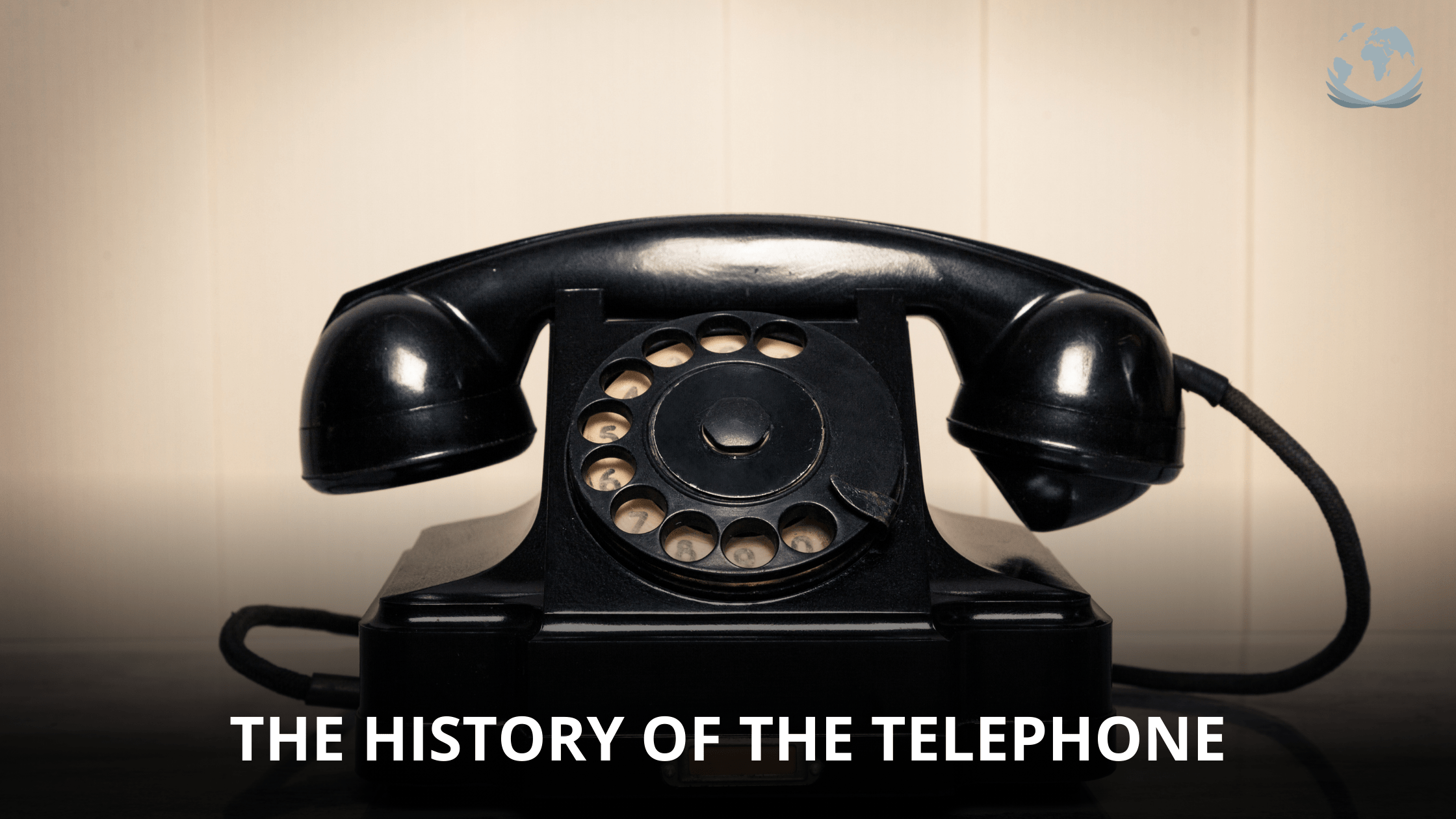The History Of The Telephone
The History Of The Telephone
No Sure Thing But Change
March 7, 1876, Alexander Graham Bell patented the telephone, hours before his competitor, Elisha Gray, submitted a similar patent. This telephone patent was for a simple mechanism to translate voice and send it across a wire, a process that had been considered impossible. The rest is, you know, history.
So much has changed with the history of telephones. The history of the telephone has been relatively fast and furious. From the invention of the telephone in 1876, that simple mechanism with a mouthpiece and a handheld microphone sized piece to hold to one’s ear, to today’s smartphones, each transformation in the ways that we communicate has transformed society around the world. Prior to that, communication was, other than face to face, very, very, very slow.
Imagine, if you will please, the world of the 1800s. Communication was slow. Mail service depended on horses to run letters across territories. The Pony Express, in the United States, consisted of a rider carrying the mail on horseback for a period of time and handing the mail off to the next rider in a relay across the country that took around 10 days. This lasted only about 18 months until transcontinental trains took up the task of carrying the mail. Or, if you needed to send mail from, say, England to New York. That mail or message - let’s say you wanted to ask a friend to meet you somewhere, or find out how their family is doing during the latest epidemic, or would Susannah like to marry you - would need to be written on paper and physically put on a ship that would then travel across the vast Atlantic ocean to go from sender to recipient. And how many days did that take? Well, in 1838 it would take approximately 18 days, but then by 1900, that time had dropped to around 5 days! Still a very long time. Let’s allow that to sink in - and hope that the ship doesn’t sink with your mail - especially those of you born with a smart phone in your hand. No text messages, no instant communication, no email, no Tik Tok, no Instagram, no cat videos. Communication was slow. In fact, it may be difficult to imagine, but it’s likely that your parents did not grow up with a smart phone. In fact, in 2001, I bought a fancy Motorola StarTAC flip phone - pretty much state of the art. I loved that phone. It was not a smart phone. It didn’t text.
So, with the invention of the telephone in 1876, changes were quickly implemented to allow instant communication without being face to face. Telephone lines began to be installed and by the turn of the century, telephones were available for purchase. By 1881 it is estimated that 133,000 telephones were operational in the U.S. These were mostly available for public or business use but by the turn of the century wealthier households were purchasing them for home use. This sparked changes in how we communicate, how we shop, how we socialized. Women were able to call friends and family, order goods for delivery. This saved lots of travel time and as it allowed more social interactions, it also reduced face to face visits. In the 1920s it is estimated that approximately 30% of households had telephones. Rural areas were not seen as profitable and so had fewer phones. Party lines, which were local lines that were open lines that anyone on that line could listen and talk to, were standard in many areas. By 1970, only about 80% of households in the U.S. had a landline telephone. Cell phones became ubiquitous in the first decade of the 21st century. The first iPhone was released in 2007, and we all know that our smart phones, around the world, are now an extension of our hands. We are seldom without them.
As with most societal changes, there were good and bad results. And the early results, good and bad, are so similar to the results we continue to struggle with today.
So what? What does it matter? That was then, this is now! This matters because, for one thing, knowing that only 20 years ago we didn’t even have smart phones, that we can survive without instant communication. People were able to enjoy life without texting or sending videos or large document files! Doesn’t that give us some context for evaluating our own appreciation for and perhaps use of our phones and our time? This helps us understand what our parents’ lives were like, what our grandparents’ lives were like. And in a larger way, what diplomacy must have been like. Let’s say you are fighting a war, pre-telephone, besieging a castle and you want to surrender but you can’t text the king of that castle you are trying siege. You have to come up with some other clever way to get the arrows boiling oil and cannonballs to stop assaulting you. You raise a white flag and you wave it around madly or you can all just run away. You could not depend on being able to make quick clear communication. You couldn’t call or text the king and say, “We would like to surrender. Would you please stop shooting at us and perhaps we could we sit down over tea and discuss the terms of this surrender?” Communication was slower and that had its benefits. Life was slower, we didn’t feel that we needed to constantly look at a phone to see what was happening. Entertainment was the music we made, the poetry and novels we wrote, the dancing we did and the walks we took. But understanding where we have come since the invention of the telephone and the history of the telephone, also helps us to appreciate what enormous changes have taken place in society based on this one invention, and how we choose to manage changes in the future. This is the big lesson.
As we understand the massive revolution in society world-wide, brought on the by Mr. Bell’s invention, we can step back and examine what impacts our technological achievements might bring to bear. We can see how drastically inventions like the telephone, like nuclear fission, the internal combustion engine have the power to so fundamentally change the world. Understanding this helps us develop our technology so that it makes the world a better place rather than pushed toward a breaking point. The threat of nuclear war, global warming and the negative potential of AI, cloning, the possibilities of eugenics in DNA manipulations are real. Understanding history, the history of the simple telephone, allows us to be smarter and wiser about how we use what we are capable of inventing.
And this is why it is a wonderful thing for all of us to share what we like and what we don’t like about technology and about life in general. We may find that lots of us like or dislike the same things and that gives us consensus and power to make changes to society, vote for leaders with the same points of view, and to understand each other.
We look forward to reading your stories. Why not write about your first phone and what that meant to you. How did you use phones as a child? History Chip is the perfect place to tell those stories and to exercise your voice in shaping our future.

